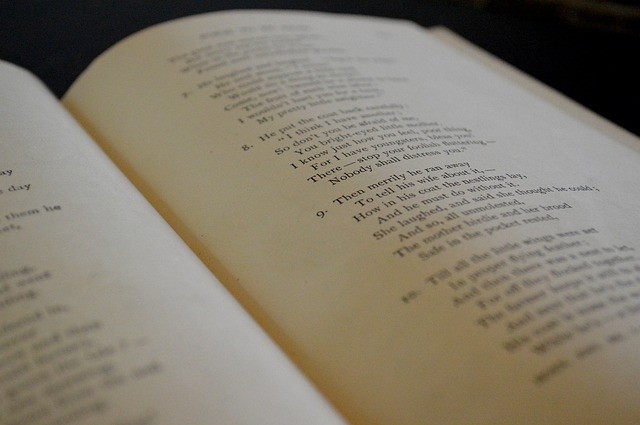|
One way to get students writing well about poetry is to get them writing poetry itself. In fact, research (Dymoke, 2015) shows that students respond much more positively to poetry and write better essays when they become poets themselves. You could take this approach for the unseen poetry component in the English Literature GCSE, or as some creative relief in preparation for the current specifications. 1. Decide upon a lively theme which is common to the unseen poem(s) you want to focus uponTypical topics that connect poems are, of course, the universal themes of love and relationships, conflict, youth and age, and all manner of emotions. 2. Now ask students to write a poem on this themeIf students need more inspiration, do a ‘word association sweep’ around the room where everyone says the first thing that comes into their heads when you say a given word. For example, say ‘anger’ and then ask students to write their own poem about anger using the words they’ve heard. Or ask students to write one line of a poem about anger and collate the lines into a class poem. For more on this, see the student resource. 3. Finally, read the unseen poem with your class and ask individual students to explore points of comparison with their own poemThey could be looking for common ground in the chosen techniques or imagery and for parallels in how they have presented the theme. Extension: You could take this further by asking students to write a comparative essay between the two poems. Now that they are feeling more confident with both reading and writing about poetry, students could read a new unseen poem and, after considering its key themes, plan for or write their own poem in response. Useful resources Trevor Millum’s resource Tackling unseen poems is particularly useful to use in tandem with this creative approach. (This article was first published on 12.05.16 as a newsletter.) |

